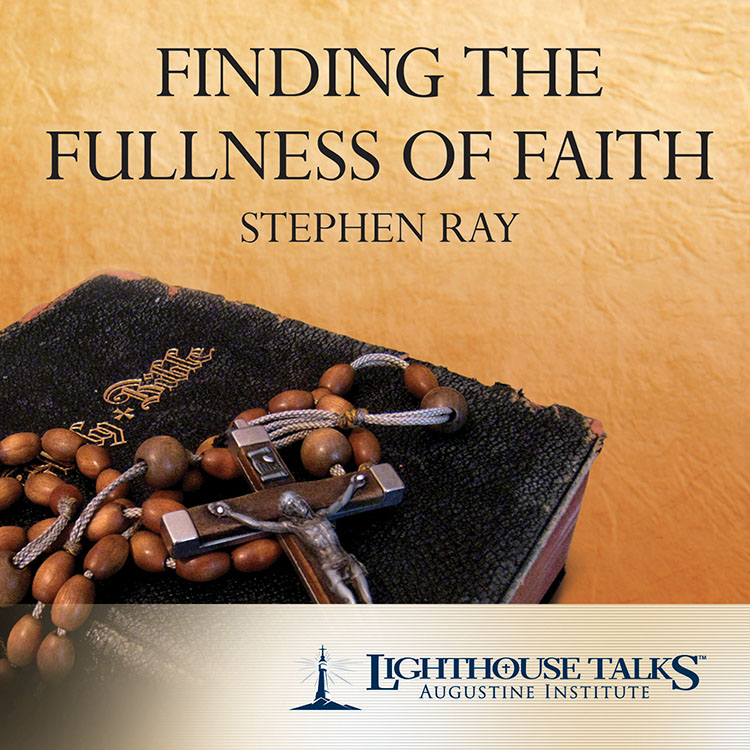Apparently, some Catholics believe that the Catholic Church teaches grace alone. It doesn't.
Grace alone and irresistible grace are the same doctrine and they deny the Catholic Teaching of freedom of will which man can exercise in cooperation with God to achieve his salvation. Protestants coined the term grace alone to directly contradict the Teaching of the Catholic Church. And the Catholic Church condemned that teaching in the Council of Trent.
Canon 4.If anyone says that man's free will moved and aroused by God, by assenting to God's call and action, in no way cooperates toward disposing and preparing itself to obtain the grace of justification, that it cannot refuse its assent if it wishes, but that, as something inanimate, it does nothing whatever and is merely passive, let him be anathema.
In debates with Protestants concerning grace, they frequently charge Catholics as being pelagian or semipelagian because we don't embrace grace alone. But the Catholic Church has condemned all three. I didn't realize that some Catholics have fallen into the trap of accepting this Protestant formulation. To me, it indicates that those Catholics who are fooled into this trap simply don't understand that which the Church has condemned nor that which the Church teaches.
The Catholic Church condemns all three as false doctrines. The Catholic Doctrine of synergism is not equivalent to pelagianism or semipelagianism.
Here is the meaning of semi Pelagianism from the Catholic Encyclopedia. Note that it distinguishes between Pelagianism, semipelagianism and the true Catholic Doctrine:
1. In distinguishing between the beginning of faith (initium fidei) and the increase of faith (augmentum fidei), one may refer the former to the power of the free will, while the faith itself and its increase is absolutely dependent upon God;
So, semipelagianists taught that conversion was initiated by the free will of the man. Whereas, the Catholic Church teaches that the prevenient grace also known as the call of God to conversion is completely God’s initiative.
2. the gratuity of grace is to be maintained against Pelagius in so far as every strictly natural merit is excluded; this, however, does not prevent nature and its works from having a certain claim to grace;
Unlike strict Pelagianism, semipelagianists claim that grace is free. Still, they claim that doing good works forces God to provide grace. The Catholic Church teaches similarly and this is probably the biggest source of confusion.
The best way to explain it to you is to show the example of the Old Testament Jews. Notice that in Scripture, the faithful Jews did not enter heaven until Jesus Christ died upon the Cross.
Hebrews 11:39-40So, it didn't matter how much they did. Even though God approved of them, He did not admit them to His presence until Christ died upon the Cross. And it is the same for us. Unless Christ died upon the Cross, we would not be accepted into heaven. No matter how much we do. Do you see how our works do not leverage our salvation? If Christ had not died for us, we could not be saved.
39 And these all, having obtained a good report through faith, received not the promise:40 God having provided some better thing for us, that they without us should not be made perfect.
That doesn't mean our works are not important. No one can be saved who does not obey the Son of God:
Hebrews 5:9
9 And being made perfect, he became the author of eternal salvation unto all them that obey him;
3. as regards final perseverance in particular, it must not be regarded as a special gift of grace, since the justified man may of his own strength persevere to the end;
As in #1, they claimed that a man may persevere of his own will and strength. This they held in common with Pelagianists. And it is against Catholic Teaching since we believe that without God’s grace a man can not persevere to the end.
4. the granting or withholding of baptismal grace in the case of children depends on the Divine prescience of their future conditioned merits or misdeeds.
I don’t understand that one. But I don’t need it in order to distinguish between it and Catholic Doctrine on grace.
Rejecting grace alone does not make the Catholic Church pelagianist or semipelagianist. Don't buy into that Protestant lie. Grace alone contradicts Catholic Teaching on free will and cooperation with God's grace. Grace alone is a Protestant heresy.


No comments:
Post a Comment
Thanks for contributing.